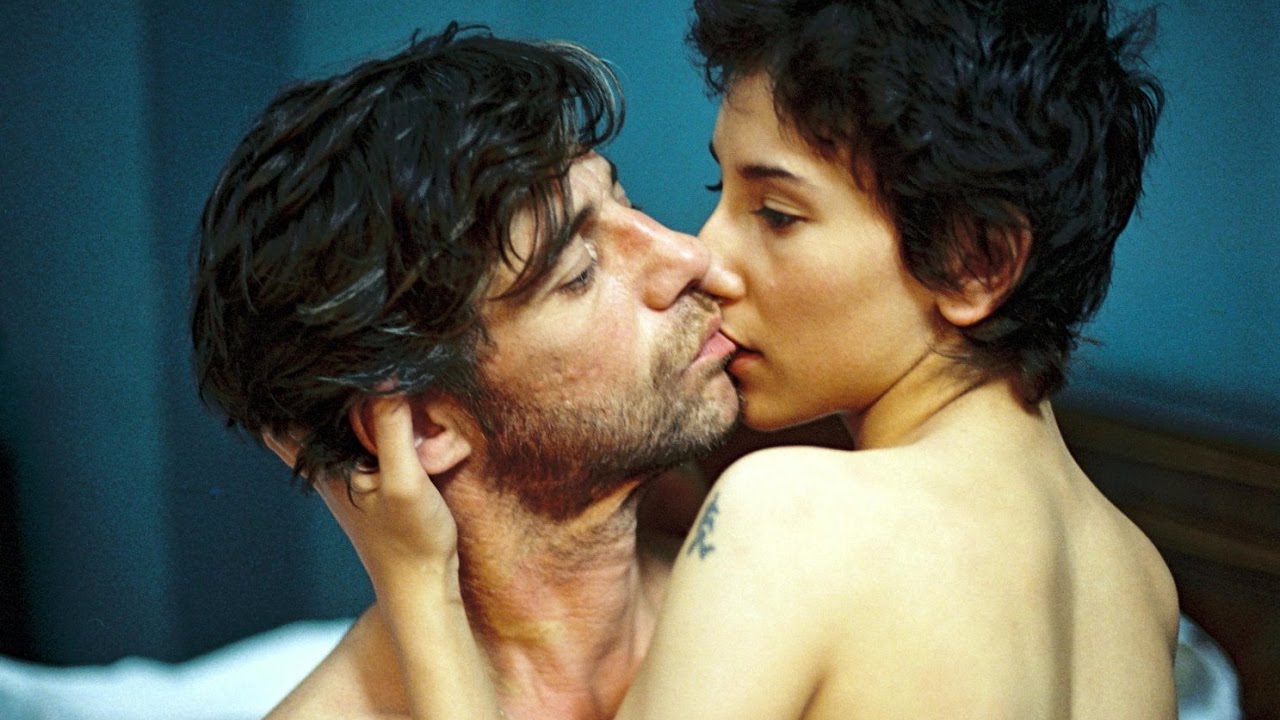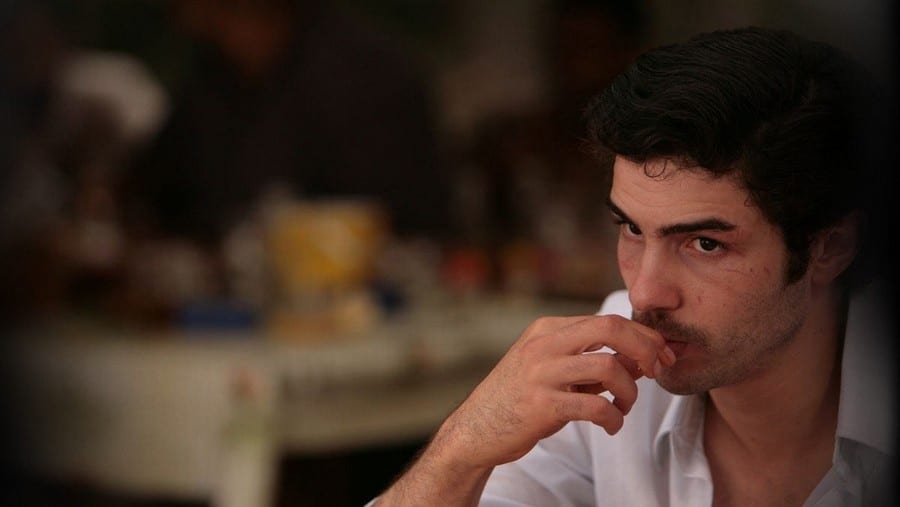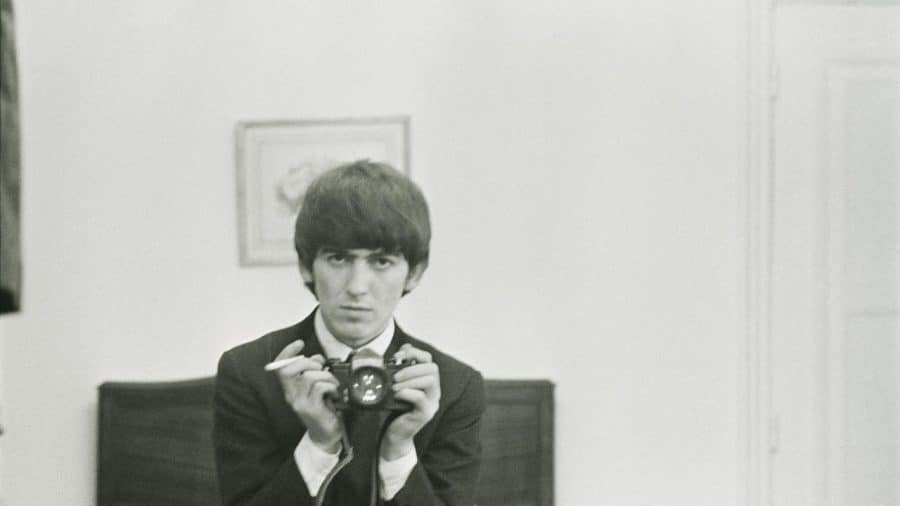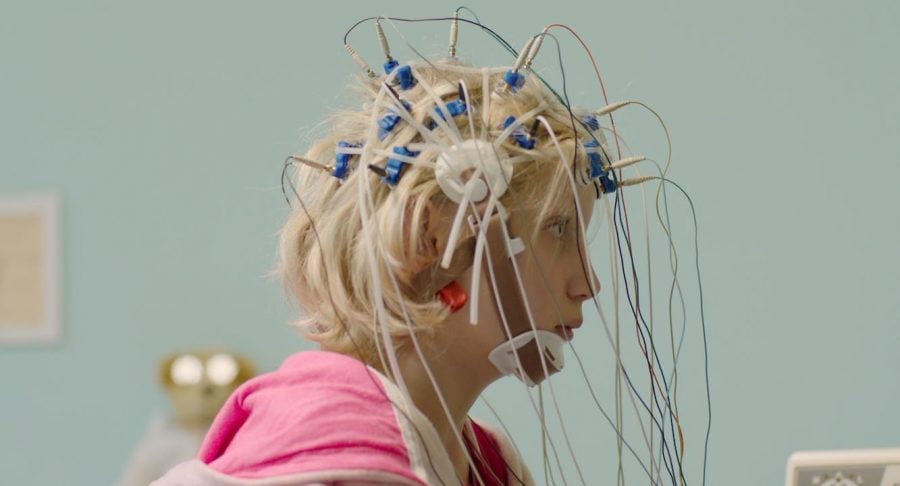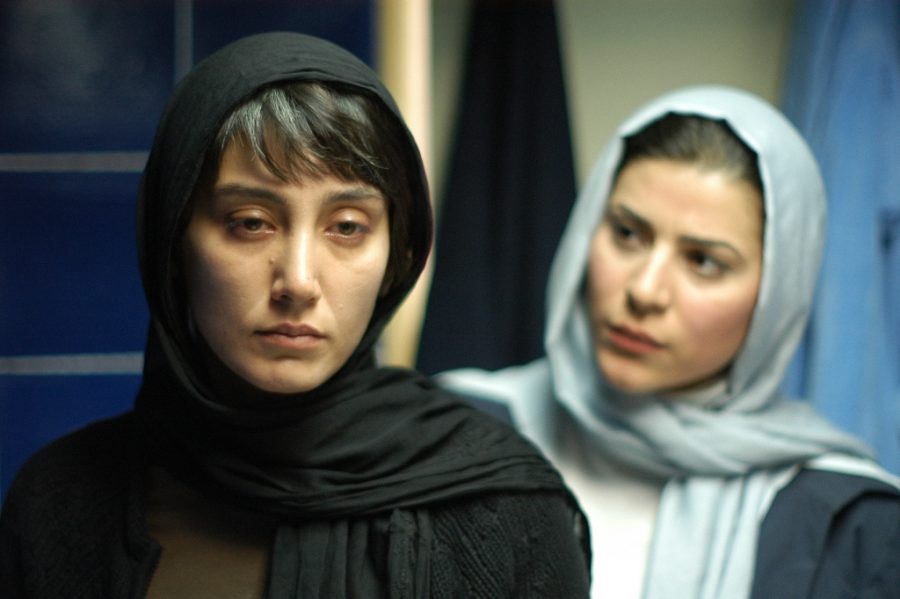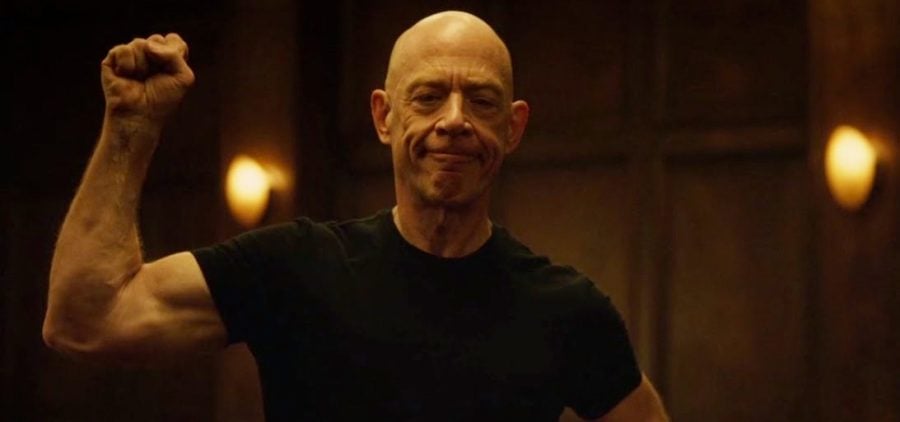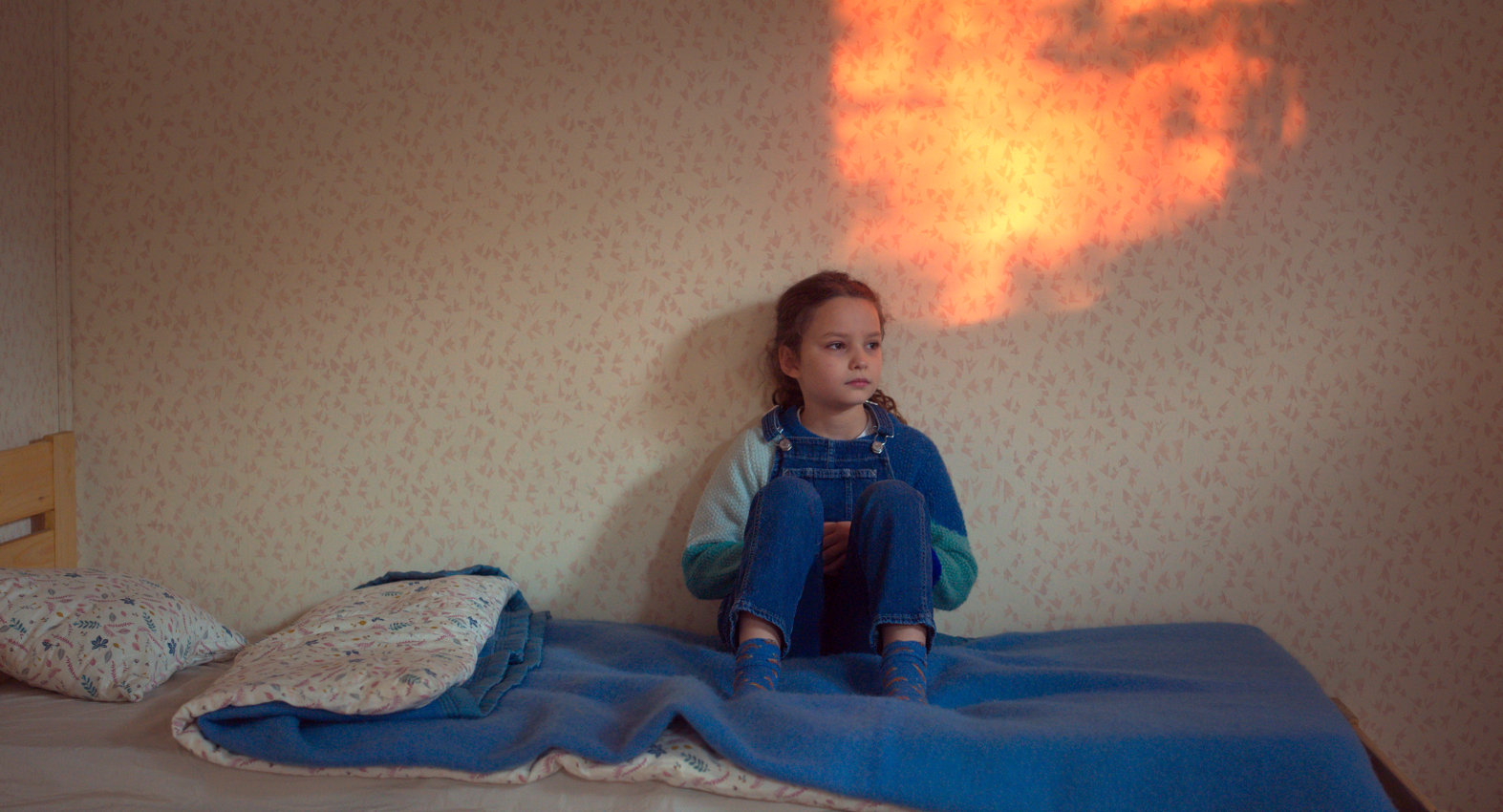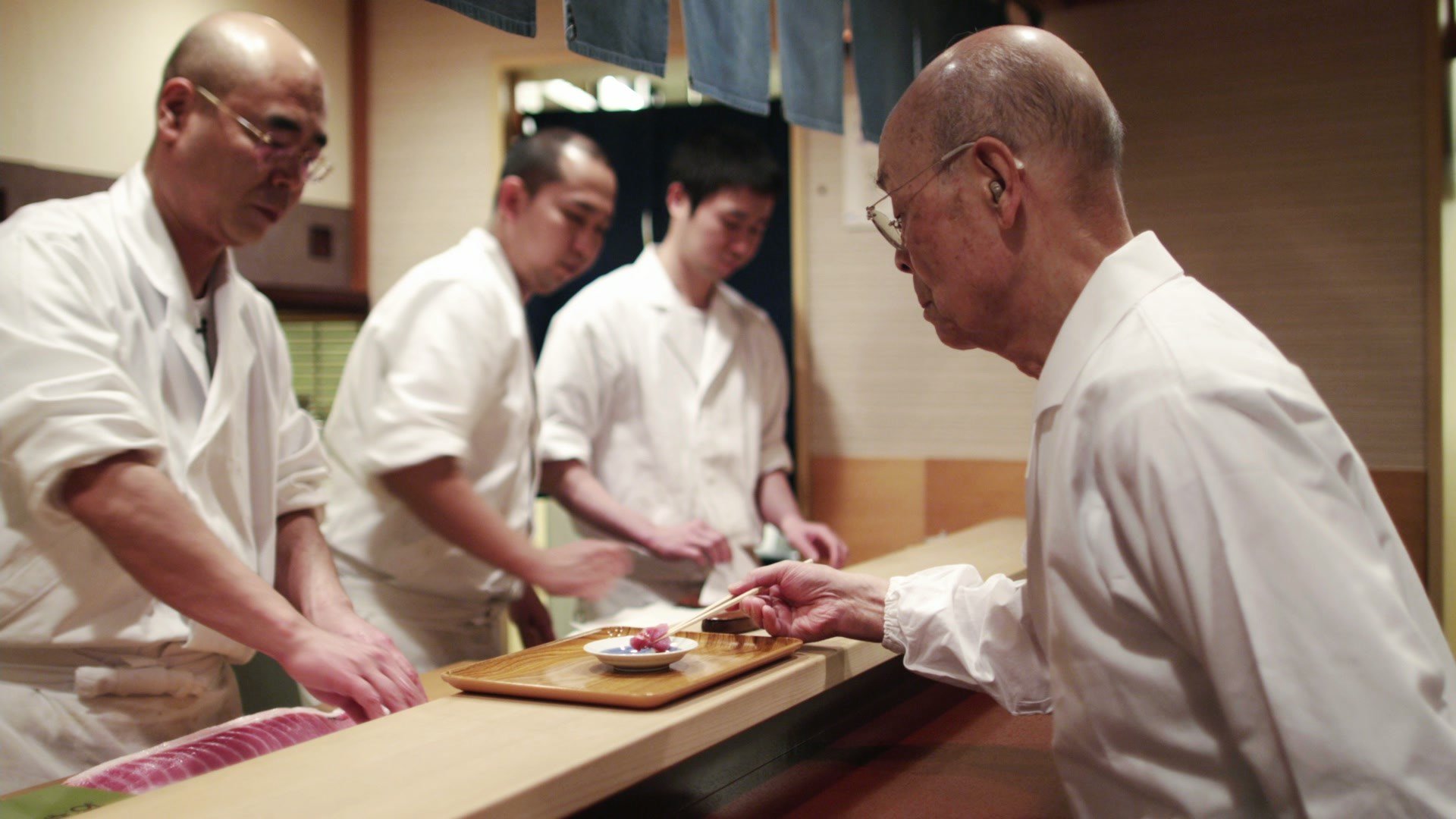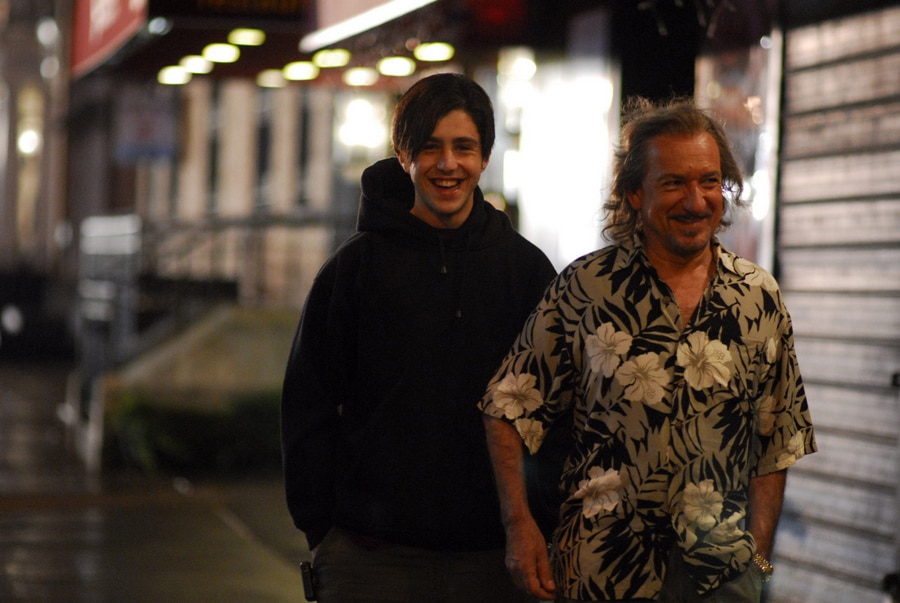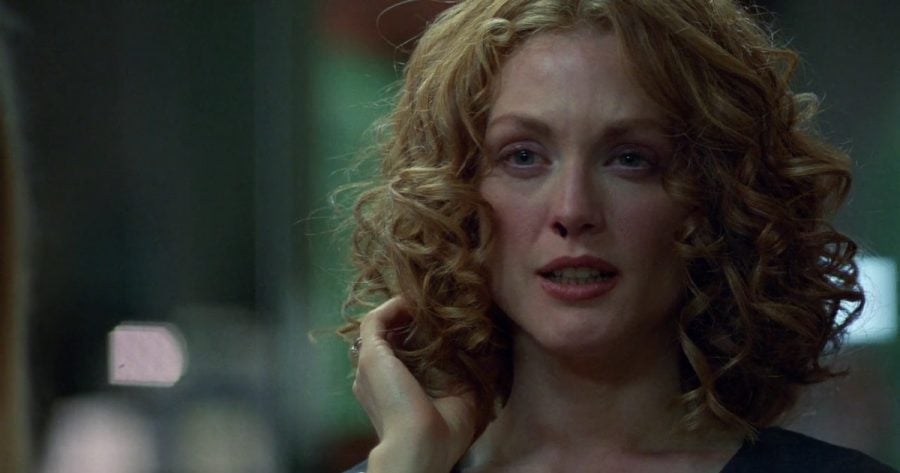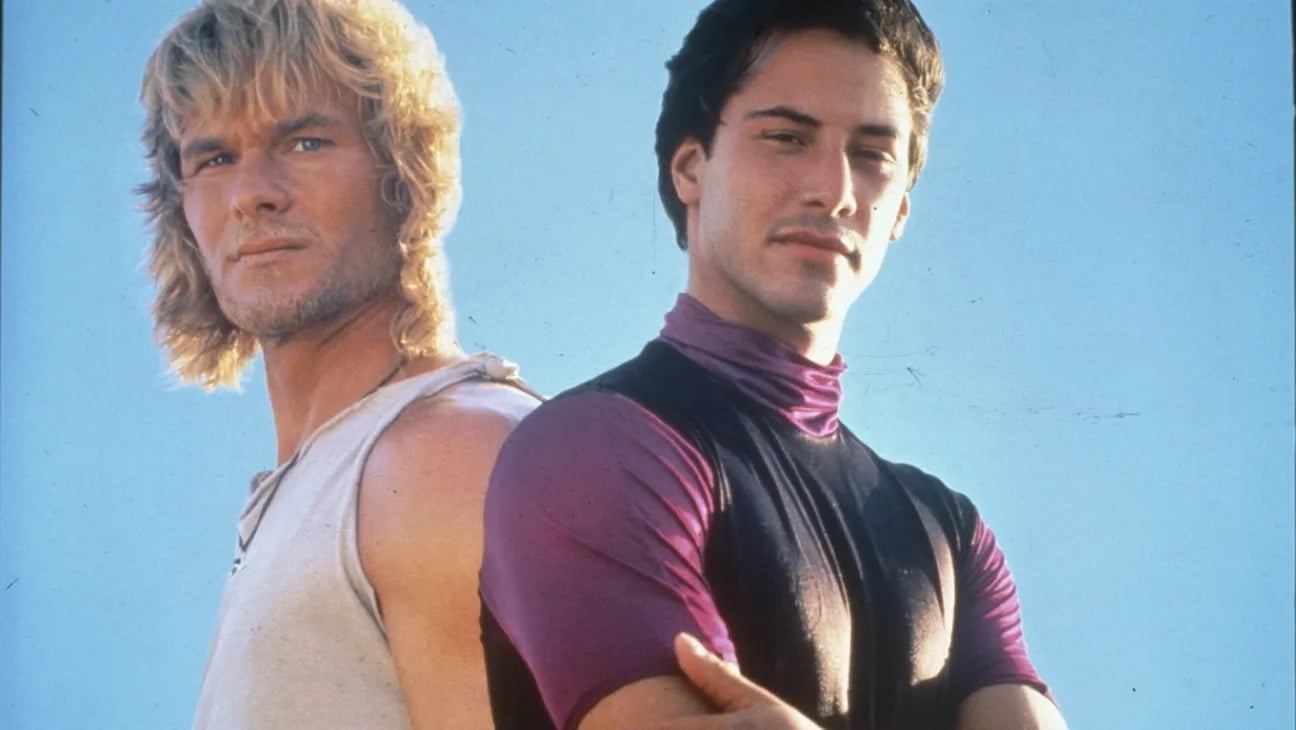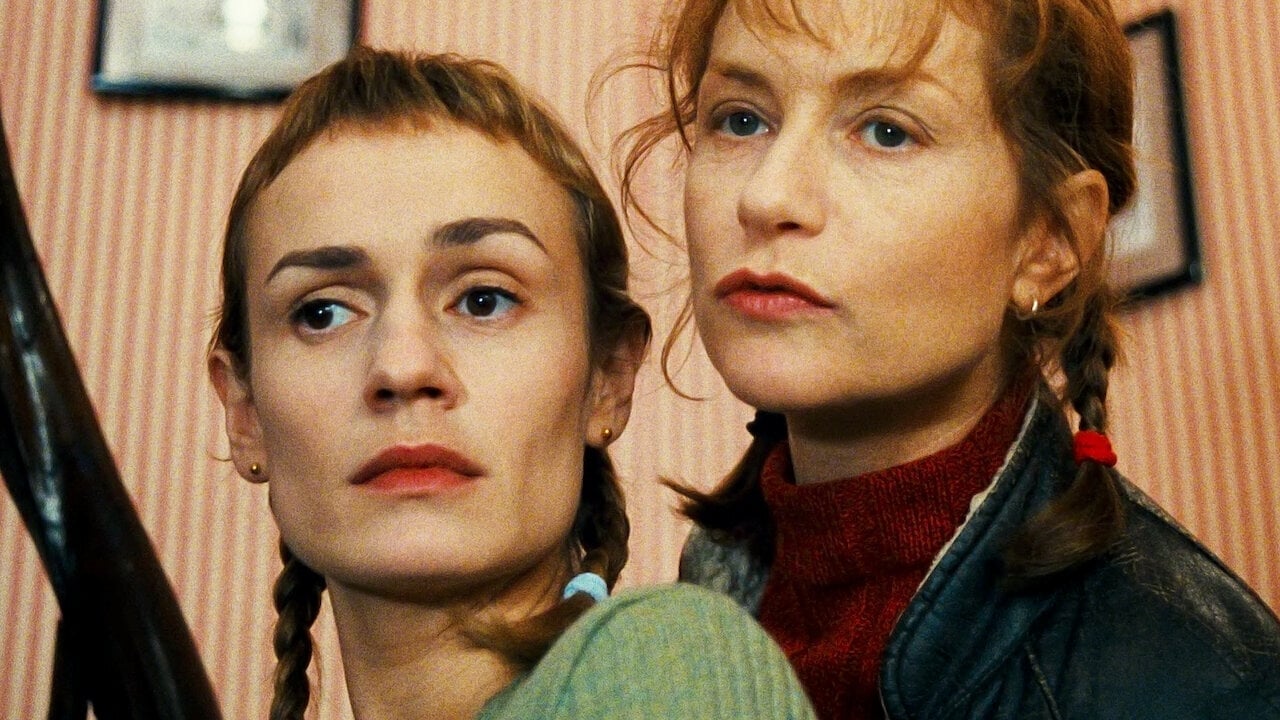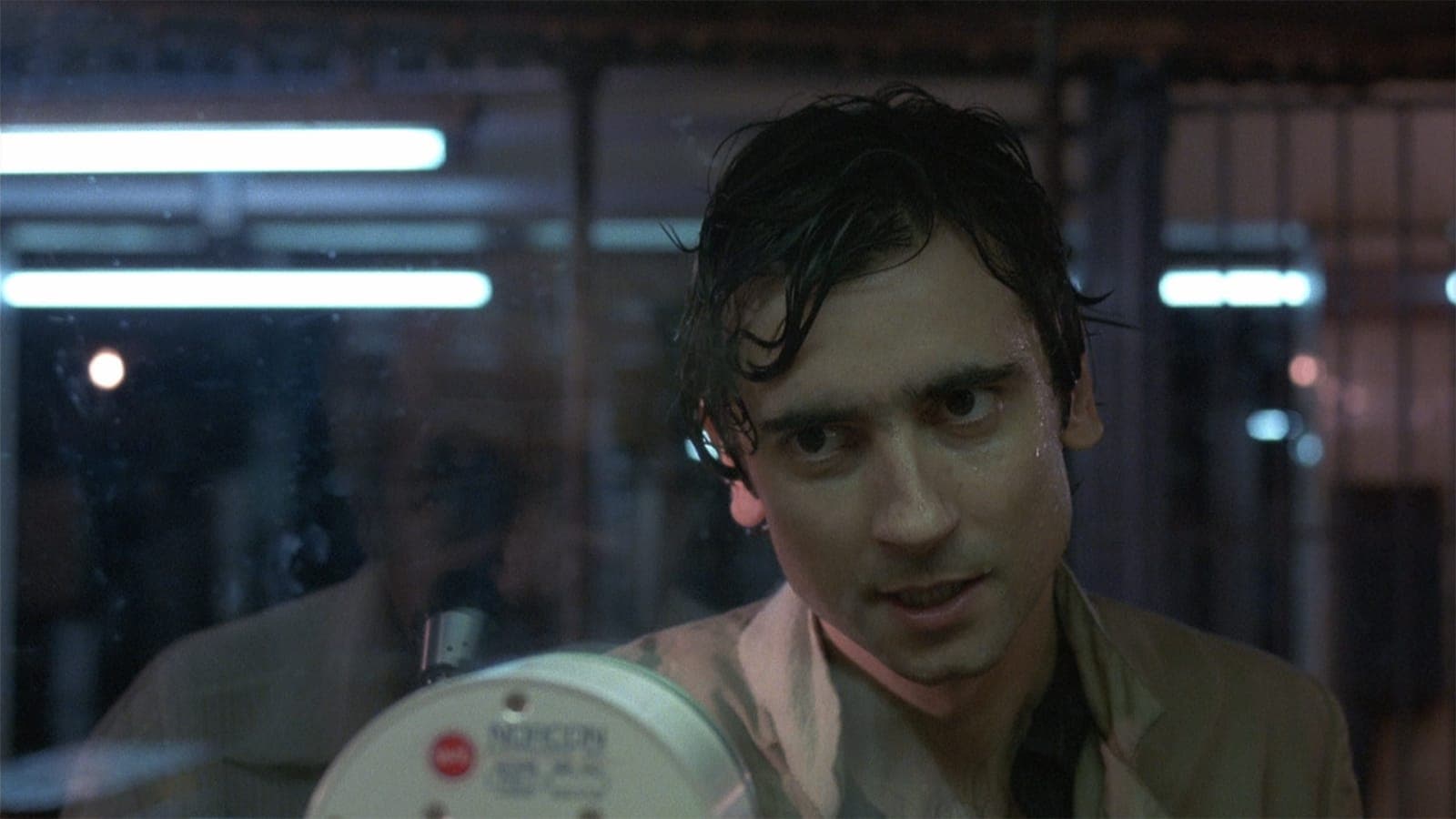Winner of a Golden Bear and a slew of awards at the European Film Awards in the early noughties, Head-on is named after the suicide attempt of Cahit Tomruk (played by the late Birol Ünel), a Turkish-born German in his mid-40s. At the psychiatric clinic where he is treated, he meets the equally damaged Sibel Güner who is also of Turkish descent. (The first ever feature film of famous German actress Sibel Kekilli, who you might know from Game of Thrones.) Sibel persuades him to marry her in an attempt to break away from her traditional-minded parents.
If you think this plot summary was tough stuff, it gets even grimmer from there. Directed by famous German filmmaker Fatih Akın, the intensity with which Kekilli and Ünel perform the character's unhinged self-hatred is as raw as it gets. Head-on is a brutal, gritty, and heart-wrenching story about the violence of love and hedonism – and the struggle of third-generation Turkish immigrants in Germany.
Genre: Drama, Romance
Actor: Adam Bousdoukos, Aysel Iscan, Birol Ünel, Catrin Striebeck, Cem Akin, Demir Gökgöl, Feridun Koç, Güven Kiraç, Hermann Lause, İdil Üner, Maceo Parker, Mehmet Kurtuluş, Meltem Cumbul, Mona Mur, Orhan Güner, Philipp Baltus, Ralph Misske, Selim Erdoğan, Sibel Kekilli, Stefan Gebelhoff, Tim Seyfi, Tugay Erverdi, Tulga Serim, Zarah Jane McKenzie
Director: Fatih Akin

